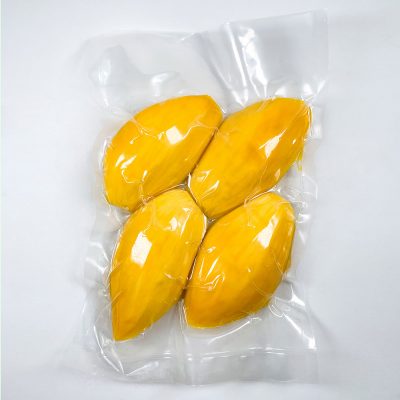
Germany, France, Belgium and the UK are the most potential single markets for the export of frozen vegetables to the European market. Germany is the largest importer of frozen fruits; Meanwhile, France is the largest importer of frozen vegetables in Europe. In addition to these traditional large markets, markets that are growing and have opportunities are located in Central and Eastern Europe along with Ireland. Frozen, succulent fruits are in increasing demand in Europe.
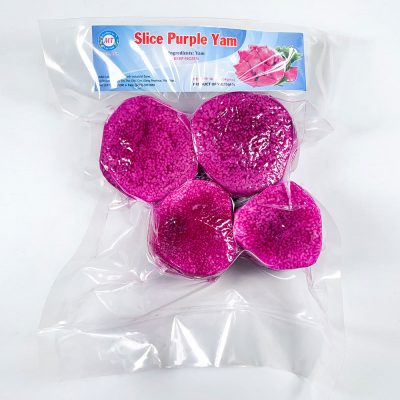
1. Product Description
a. Product Definition
Frozen fruits and vegetables are a range of products prepared by applying the freezing process to fresh, clean, good and ripe fruits. In addition to freezing during processing, fruits and vegetables will also undergo activities such as washing, peeling, sorting, cutting, bleaching / deactivating enzymes and depending on the type of product. Freezing operations should be performed in such a way that the freezing process from the surface to the interior of the product occurs rapidly. The freezing process quickly and stops when the deep temperature of vegetables reaches -18 ° C. Fast frozen fruits and vegetables can be processed as follows: puree (this type is quick) frozen, IQF); to nature (in blocks); shredded (in the form of crushed fruit); Cut to different shapes; Combine different shapes.
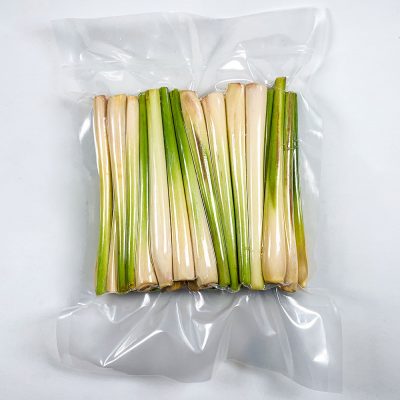
What trends are creating opportunities in the European frozen vegetable market?
The growing interest of consumers in vegetarian, gluten-free and natural foods is a great opportunity for exporters from developing countries, including Vietnam. Certification of food safety and supporting documents from laboratory test results together with corporate social responsibility standards can create significant advantages for fruit and vegetable suppliers. Frozen for European market.
Other opportunities focus on low sugar and “superfood” products. Low sugar products are in high demand in the European market. This trend is beneficial for frozen vegetables due to the low sugar content in most of these products.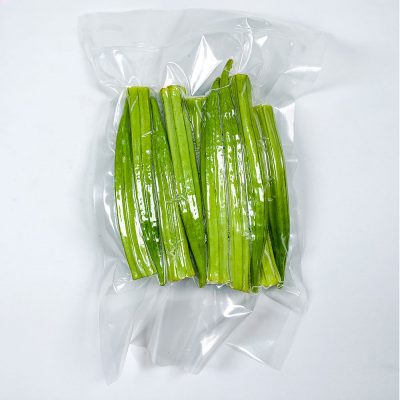
Channels of frozen fruit and vegetable markets in Europe
Importers specializing in frozen fruits and vegetables are a popular market entry channel for the frozen fruit and vegetable industry, typically MTFruit Vietnam, Co. Ltd. Many importers are also packers, and can also provide wholesale and trading activities. In some cases, exporters from developing countries can also supply directly in different segments, especially companies that use frozen vegetables as raw materials to produce final products.
Food safety certification, combined with reliable and regular laboratory testing, helps create a positive image for frozen vegetable suppliers who want to export to Europe. Emerging suppliers can gain additional advantage through sustainable production methods and implement corporate social responsibility measures. The current toughest competitors for new frozen fruit and vegetable suppliers are European Union member states like Poland or Spain. The toughest competitors outside of Europe are China and Turkey.
1. What requirements must frozen vegetables comply with to be allowed on the European market?
All foods, including frozen vegetables, sold in the European Union must be safe. Imported products are no exception. All additives must be approved. Harmful contaminants, such as bacteria or viruses, pesticide residues and excessive levels of heavy metals are prohibited. It also needs to be clear from the labeling whether a food contains allergens.
2. Contaminant control in frozen vegetables
The European Commission regulations sets maximum limits for certain contaminants in food products. This policy/regulation is updated regularly. In addition to the limits set for general food, there are some specific limits that apply to contaminants in specific products, including frozen vegetables. The most common requirements regarding contaminants in frozen vegetables are related to the presence of pesticide residues, heavy metals and microorganisms.
3. Pesticide residues
The European Union has established maximum residue (MRL) levels for pesticides found in and on food products. Products containing pesticide residues exceeding the regulatory limit are withdrawn from the European market. Most European importers require extensive testing for the presence of a wide range of pesticides (sometimes more than 500).
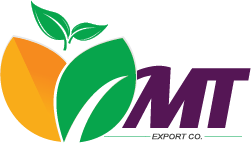

 Tiếng Việt
Tiếng Việt